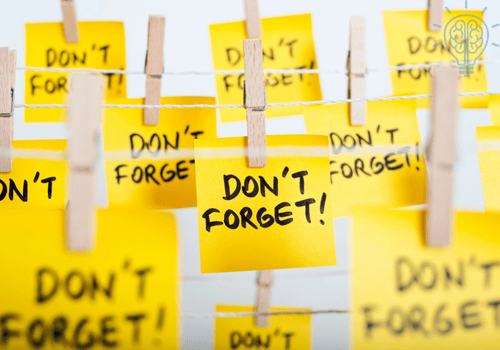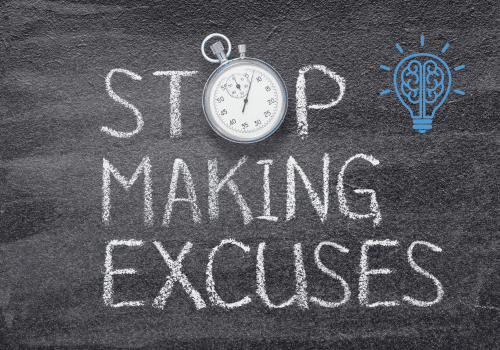You’ve promised yourself you’ll stop scrolling at night… or that this time you’ll stay on top of your deadlines… or that you’ll finally stick to a routine. But somehow, you always end up right back where you started. It’s not that you don’t care. It’s not that you’re lazy. It’s that change is hard—especially without the right supports in place. Let’s explore how to stop falling into bad habits.
Why “Just Try Harder” Doesn’t Work
Breaking a habit isn’t just about willpower. Most habits—especially the ones we fall into when stressed, tired, or overwhelmed—are driven by brain patterns, not logic. To change those patterns, you need more than motivation. You need tools, structure, and self-awareness.
That’s where executive function comes in.
Executive Function and Habit Loops
Executive functions are the self-management skills that help you notice your behavior, pause before acting, and choose a different response. When you’re low on sleep, overwhelmed by tasks, or burned out, those skills take a hit—and your brain defaults to what’s easiest or most automatic. Even if it doesn’t serve you.
Some common habit loop traps include:
- 📱 Opening your phone to check one thing… then losing an hour
- 🚫 Avoiding a task that feels uncomfortable or overwhelming
- 🔄 Procrastinating to “take the pressure off,” even though it backfires
So How Do You Break the Cycle?
In coaching, we don’t just talk about bad habits—we model the skills that help you interrupt and reshape them. That includes:
- Self-monitoring: Noticing the pattern sooner (without judgment)
- Inhibitory control: Practicing a pause before the automatic response
- Routine design: Making the “better” behavior easier and more accessible
- Reflection + adjustment: Learning what worked—and why
Progress Isn’t Perfection—It’s Pattern Awareness
Breaking habits isn’t about flipping a switch. It’s about building systems that help you choose differently more often. And when you fall back into the pattern (because we all do)? Coaching helps you regroup and keep going—with less shame and more strategy.




